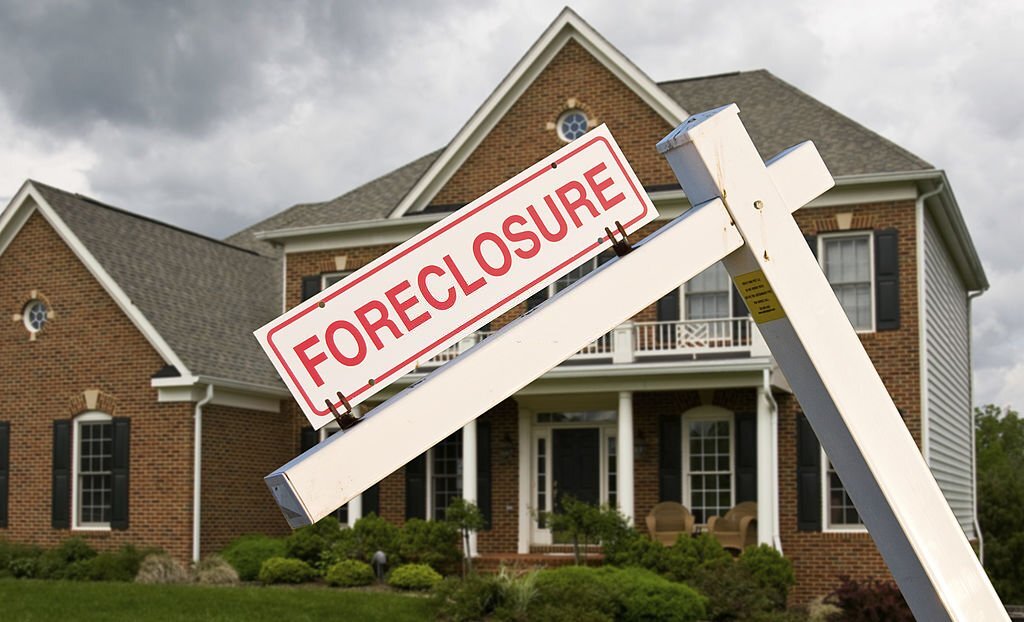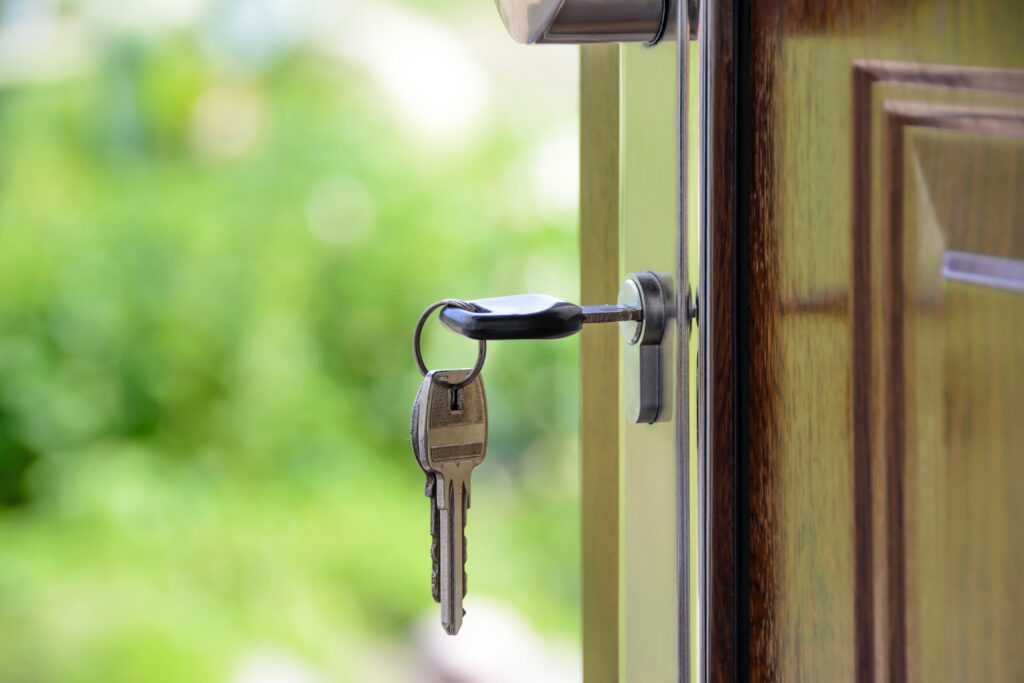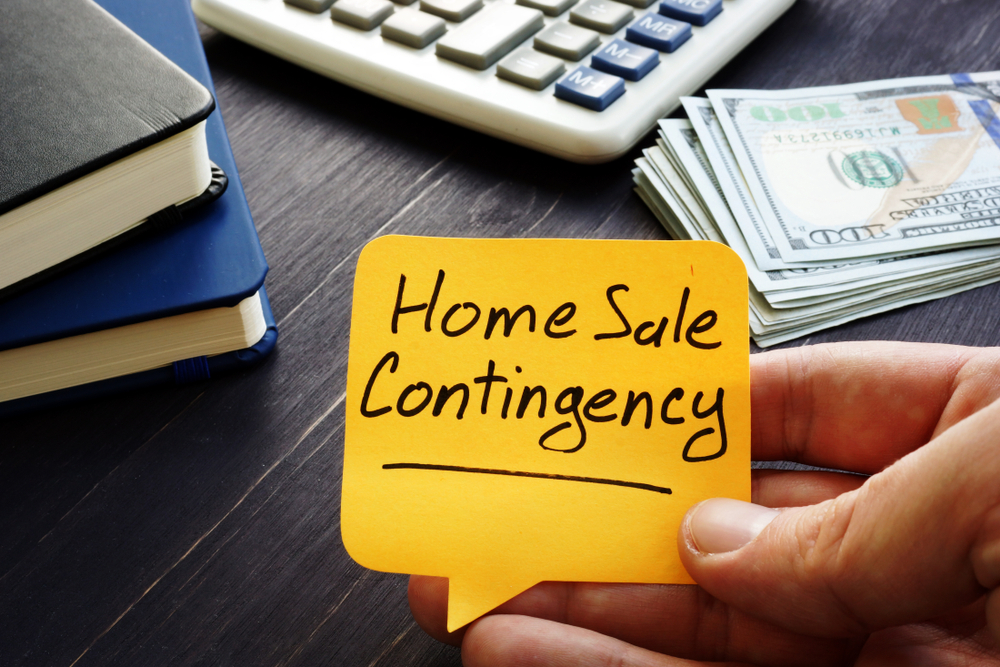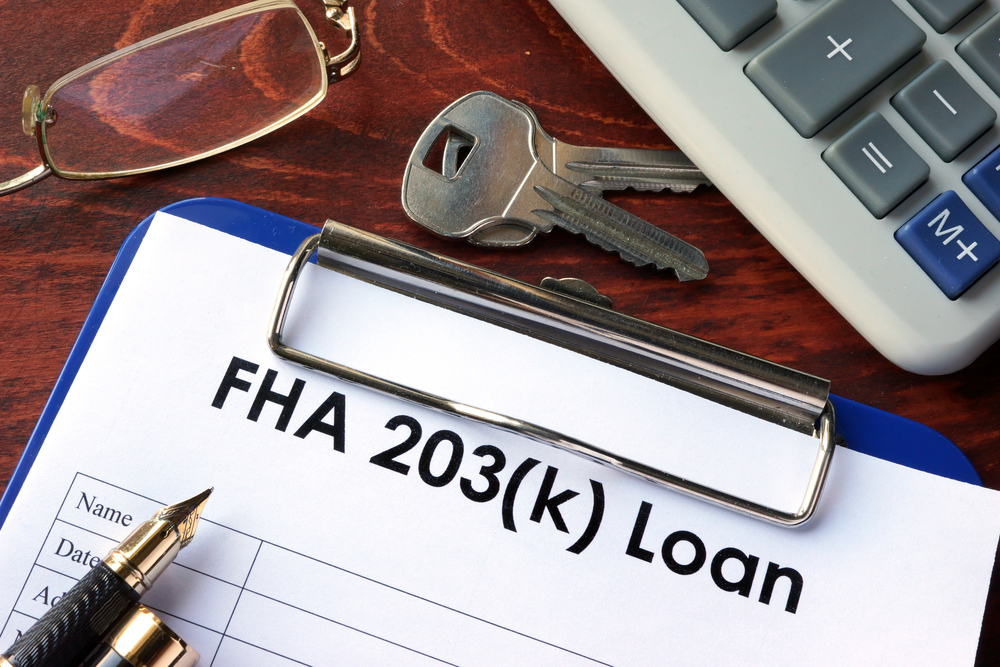Misconceptions About Selling Your Home for Cash
If you’re thinking about selling your home, you may have considered selling it for cash. This can be a quick and easy way to get cash in your pocket without the hassle of a traditional sale. However, there are some misconceptions about selling your home for cash that you should be aware of. In this article, we’ll explore the top 7 misconceptions about selling your home for cash, and provide you with the information you need to make an informed decision. Misconception 1: Cash buyers offer lower prices than traditional buyers One of the most common misconceptions about selling your home for cash is that you’ll get a lower price than if you sold it through a traditional sale. While it’s true that cash buyers may not offer the same price as a traditional buyer, this doesn’t mean that you’ll get less money in your pocket. Cash buyers typically offer a fair price based on the current market value of your home, minus any necessary repairs or upgrades. In fact, selling your home for cash can actually save you money in the long run. Traditional sales come with a variety of fees and expenses, such as real estate commissions, closing costs, and repair expenses. When you sell your home for cash, you can avoid many of these expenses and get the full amount of the cash offer in your pocket. Misconception 2: Cash buyers are scams Another common misconception is that cash buyers are scams. While it’s true that there are some unscrupulous people out there who may try to take advantage of you, there are also many legitimate cash buyers who can provide you with a fair and honest offer. To avoid scams, it’s important to do your research and only work with reputable cash buyers. Look for reviews and testimonials from previous clients, and check their credentials to make sure they are a legitimate business. Misconception 3: Cash buyers will only buy perfect homes Some people believe that cash buyers are only interested in buying perfect homes, and that they won’t be interested in a home that needs repairs or upgrades. This couldn’t be further from the truth. Cash buyers are often willing to buy homes in any condition, and will take on the responsibility of repairs and upgrades themselves. In fact, selling your home as-is can be a major benefit of working with a cash buyer. You can avoid the hassle and expense of making repairs or upgrades, and still get a fair price for your home. Misconception 4: Cash buyers are only interested in distressed properties Another misconception is that cash buyers are only interested in buying distressed properties. While it’s true that cash buyers are often interested in distressed properties, this doesn’t mean that they won’t be interested in a well-maintained home. Cash buyers are often interested in a variety of properties, and are willing to consider homes in any condition. They can be a great option if you need to sell your home quickly, regardless of the condition of your property. Misconception 5: Selling to a cash buyer is an instant process Some people believe that selling to a cash buyer is an instant process, and that they can get cash in their pocket in a matter of days. While it’s true that selling to a cash buyer can be quicker than a traditional sale, it’s important to understand that the process still takes time. Cash buyers will still need to inspect your property, verify ownership and title, and complete any necessary paperwork. While this process may be faster than a traditional sale, it still takes time and should not be considered an instant process. Misconception 6: Cash buyers are only interested in low-end properties Another misconception is that cash buyers are only interested in buying low-end properties. This couldn’t be further from the truth. Cash buyers are often interested in a variety of properties, from high-end homes to fixer-uppers. They are usually looking for properties that they can add value to and resell, regardless of the price range. When working with a cash buyer, it’s important to be upfront about the value of your home and your asking price. This will help ensure that you get a fair offer that is in line with the current market value of your property. Misconception 7: Cash buyers are not licensed or regulated Finally, some people believe that cash buyers are not licensed or regulated, and that working with them could be risky. However, this is not true. Cash buyers are typically licensed and regulated just like traditional real estate agents and brokers. When working with a cash buyer, it’s important to do your due diligence and make sure that they are a legitimate business. Look for reviews and testimonials from previous clients, and check their credentials to make sure they are licensed and regulated. Quick Wrap Up In conclusion, there are many misconceptions about selling your home for cash. While it’s true that cash buyers may not offer the same price as a traditional buyer, they can still provide a fair and honest offer based on the current market value of your home. Additionally, selling your home for cash can save you money in the long run by avoiding many of the fees and expenses associated with a traditional sale. When considering a cash sale, it’s important to do your research and work with a reputable buyer. Look for reviews and testimonials, check their credentials, and be upfront about the value of your home and your asking price. By doing so, you can ensure that you get a fair and honest offer for your home, and avoid any potential scams or risks. If you’re considering selling your home for cash in the NYC area, Cash Buyers NY is a reputable and reliable buyer that can provide you with a fair and honest offer for your property. Contact us today to learn more about how we can help you sell your home quickly and hassle-free.
Misconceptions About Selling Your Home for Cash Read More »











